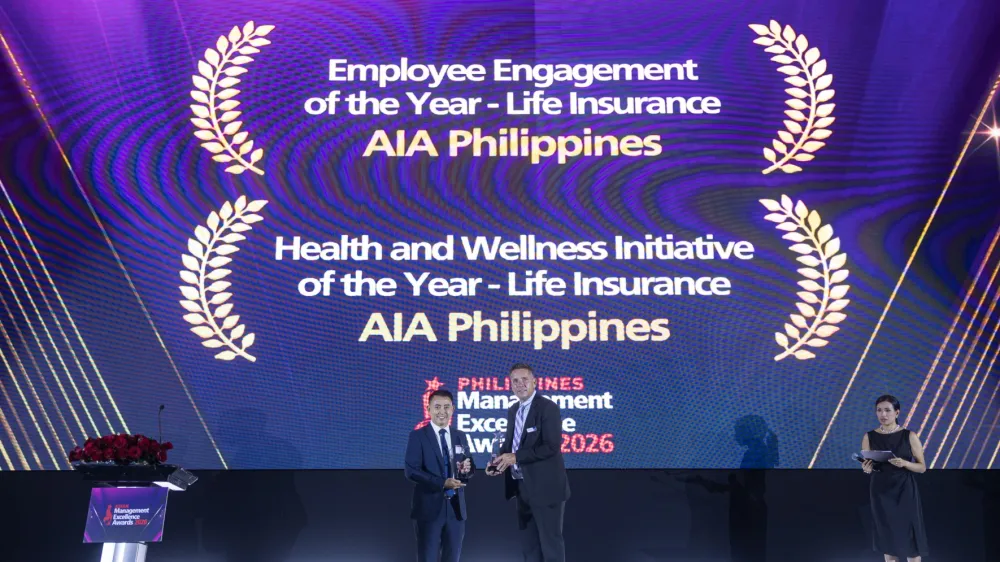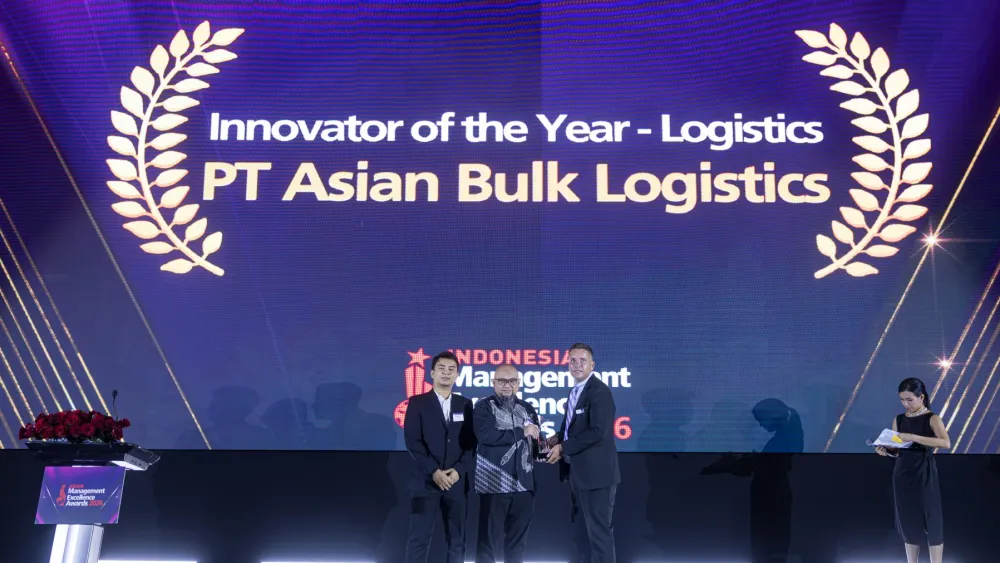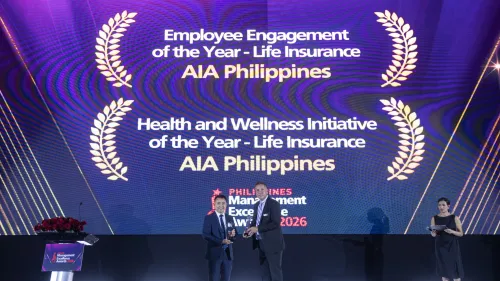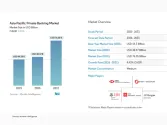
BDO UAE’s Shivendra Jha emphasises agility and foresight to keep businesses strategic
He shares how embedding technology, sustainability, governance, and agility are shaping the future of business in the Middle East.
As the Middle East undergoes rapid transformation driven by regulatory reform, technological advancement, and economic diversification, businesses across the region are being challenged to adapt with greater agility and resilience.
To help navigate this landscape, Shivendra Jha, Partner at BDO UAE, offers his valuable insights. He heads the Advisory Services practice and serves as the International Liaison Partner. With over 15 years of experience in business strategy consulting, he specialises in corporate finance, VAT, transfer pricing, forensic advisory, cyber security, and technology advisory services.
His industry expertise spans across oil & gas, hospitality, real estate, food & beverage, and retail. Known for combining technical insight with a client-focused approach, Shivendra delivers strategic solutions tailored to each client's unique goals and objectives.
As a judge at the Middle East Management Excellence Awards 2025, Shivendra explores how organisations can navigate the shifts amidst the rapid regulatory, technological, and economic complexity.
What key shifts are you observing in how companies in the Middle East navigate increasing complexity across regulatory, technological, and economic fronts?
In the Middle East, we are seeing a clear shift toward proactive, integrated approaches to regulatory, technological, and economic complexity.
On the regulatory side, the rollout of UAE Corporate Tax, BEPS 2.0, and stricter AML enforcement is prompting companies, especially financial institutions and DNFBPs, to invest in RegTech and internal compliance frameworks. For instance, many are aligning their reporting systems to meet real-time obligations with the UAE FIU.
Technologically, the focus has moved from efficiency to resilience. Logistics firms are applying blockchain for trade compliance, and banks are adopting AI-driven AML tools to meet growing regulatory expectations. Government initiatives like Dubai’s Digital Economy Strategy and Saudi Vision 2030 are accelerating digital governance across sectors.
Economically, businesses are responding to uncertainty by restructuring. We see family groups using holding structures for agility and engaging in cross-border tax planning. At the same time, there is growing traction for green sukuk and sustainable finance, especially in real estate and aviation, to align with Net Zero targets.
Looking ahead, companies that embed AI-led compliance, cross-border readiness, and real-time ESG insights into decision-making will be best positioned to navigate ongoing complexity and build long-term trust in the region.
What strategic approaches are companies in the Middle East adopting to remain competitive amidst accelerating transformation and shifting market dynamics?
Companies across the Middle East are taking bold, strategic steps to remain competitive amidst rapid economic, technological, and regulatory shifts. The region is witnessing a transformation driven by digital innovation, cross-border expansion, ESG integration, and governance modernisation.
There is a strong move toward digital-first business models. For example, leading banks are no longer just digitising back offices; they are launching entire mobile-only platforms to engage a younger, tech-savvy customer base. In the energy sector, major producers are adopting AI and predictive analytics to optimise operations and meet long-term sustainability targets.
We see companies are actively pursuing cross-border growth strategies. Large retail and lifestyle groups are expanding into frontier markets across Africa and Asia, leveraging data-driven insights to localise offerings.
This is often supported by sovereign-led initiatives like Abu Dhabi’s Hub71 and Saudi Arabia’s PIF investments, which are catalysing scale and market access for emerging players.
Recently, ESG has become a strategic differentiator, not just a compliance box. A good example is how national airlines and infrastructure players are issuing sustainability-linked sukuks, tying financing terms to carbon reduction goals. This is helping them access green capital whilst boosting global investor confidence.
Further, there are many family-owned conglomerates undergoing governance transformation. They are moving toward holding structures, institutionalising operations, and in some cases, going public, like recent IPOs we have seen in financial services. This shift is critical for long-term resilience and capital access in a more transparent business environment.
Overall, the companies that are embedding technology, sustainability, governance, and regional agility into their core strategy are not just adapting; they are shaping the future competitive landscape in the region.
How can companies strengthen their corporate finance capabilities to support sustainable growth?
Strengthening corporate finance capabilities is now central to how companies across the Middle East, especially those in diversified and strategic sectors like energy, logistics, real estate, hospitality, and financial services, are driving sustainable growth, especially as they navigate economic diversification, global investor scrutiny, and evolving regulatory environments.
In the energy and infrastructure sectors, we are seeing a clear move toward sustainability-linked sukuks and green bonds. These financing tools are being used to link capital access with carbon reduction targets, a trend already evident amongst national utilities and transportation providers aligning with UAE and Saudi net-zero commitments.
Logistics and industrial firms, especially mid-sized players, are adopting asset-light models and working capital optimisation to unlock liquidity and reinvest in automation and regional expansion.
In real estate and hospitality, companies are focusing on project-level capital structuring, blending institutional funding, sovereign partnerships, and green finance. For instance, hospitality developers are integrating energy efficiency targets into financing terms to qualify for sustainability-linked funding and enhance investor appeal in a highly competitive regional market.
Financial institutions, especially large regional banks, are strengthening risk frameworks to support scenario-based stress testing and more disciplined capital deployment, enabling them to navigate global interest rate shifts and regulatory changes more confidently.
And when it comes to large family-owned conglomerates, many are undergoing financial restructuring, streamlining holding structures, improving transparency, and preparing for IPOs or strategic partnerships. This trend is not just about access to capital markets; it’s about institutionalising governance and enhancing investor confidence.
So across the board, from energy to finance, sustainable growth today depends on how well companies can embed financial resilience, ESG-linked capital strategies, and future-ready governance into their corporate finance playbook.
In what ways is the role of technology advisory evolving within organisations, and how can businesses ensure it remains aligned with broader strategic objectives?
In recent times, technology advisory has evolved from a support function to a core enabler of business strategy. It is no longer just about system implementation; rather, it is about driving digital transformation, managing cyber risk, and enabling data-driven decision-making.
For example, we are seeing businesses in sectors such as logistics, energy, real estate, and retail, integrating technology advisory into core strategic planning, particularly as they adopt AI, cloud solutions, and ERP modernisation to scale operations and improve efficiency.
To remain aligned with broader objectives, companies must embed technology advisors into strategic and governance frameworks, ensuring IT investments are directly linked to outcomes such as customer growth, operational resilience, and ESG commitments. Regular alignment between CIOs, business unit heads, and the board is essential to maintaining strategic coherence.
With constant global shifts, how can Middle Eastern businesses build long-term agility and foresight into their strategic planning frameworks?
To build long-term agility and foresight, businesses in the region must embed scenario planning, real-time data analytics, and cross-functional risk intelligence into their strategic frameworks.
Forward-looking firms are integrating geopolitical risk models, ESG drivers, and digital disruption trends into board-level decision-making. For example, diversified groups are using dynamic capital allocation models and regional diversification strategies to respond to supply chain shifts and regulatory changes.
Ultimately, agility comes from a mindset shift, where strategy is no longer static, but continuously informed by data, grounded in governance, and resilient to external shocks.
As a returning judge at the Middle East Management Excellence Awards, what specific criteria or attributes will you be looking for in this year’s nominees?
As a returning judge, I will be looking for nominees who demonstrate measurable impact, strategic clarity, and leadership that drives transformation. This includes how effectively they have navigated uncertainty, fostered innovation, and aligned their people, processes, and purpose to deliver sustainable results. Real excellence lies in execution, adaptability, and the ability to inspire change across the organisation.


















 Advertise
Advertise








